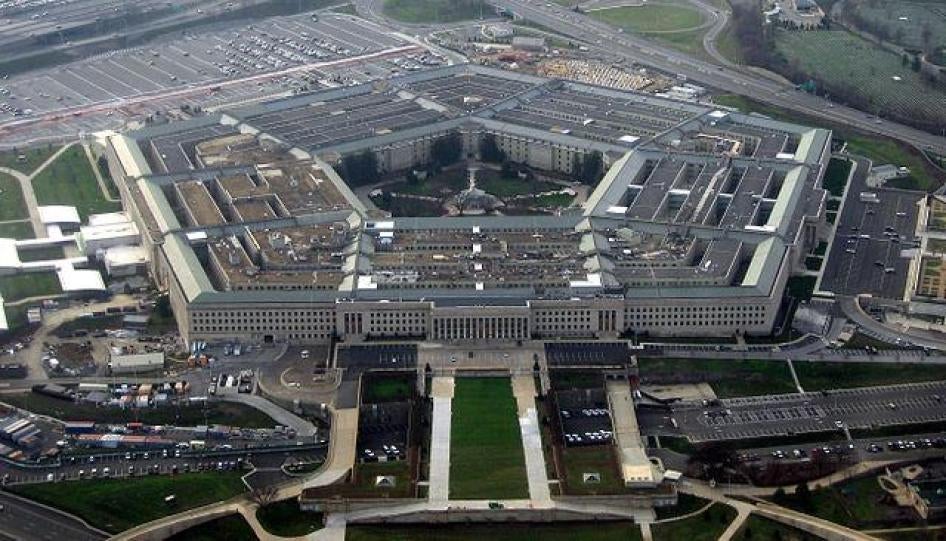On September 17, Gen. Kenneth McKenzie, the head of U.S. Central Command, gave an extraordinary news conference in which he admitted that the United States had killed an aid worker in Kabul and his family; McKenzie apologized, adding that the U.S. would consider providing compensation. Although the admission was rare, the error was not.
Since the 9/11 attacks on the United States, U.S. forces fighting in Afghanistan, Iraq, Syria, and elsewhere have carried out targeted killings that frequently kill and injure civilians. In many cases, these deaths are blamed on purportedly impeccable intelligence that was later proven to have been wrong.
Moreover, successive U.S. administrations have supported problematic partners, such as the Saudi-led coalition in Yemen, whose pattern of unlawful attacks on civilians was so egregious that State Department lawyers wrote a memo outlining potential U.S. legal liability for the harm caused.
On Aug. 29, two days before the U.S. withdrawal from Afghanistan was complete, U.S. forces launched a drone attack on a man believed to be a member of the Islamic terrorist group ISIS-K, seen as responsible for the Aug. 26 suicide attack that killed at least 170 Afghans and 13 U.S. service members. Instead, they killed aid worker Zemari Ahmadi and his family, including seven children.
General Mark Milley, chairman of the Joint Chiefs of Staff, initially pronounced it a “righteous” attack. But after questions were raised by The New York Times and the Washington Post, the Pentagon admitted the strike was a “tragic mistake.”Ahmadi’s suspicious travel turned out to be ordinary work; the containers he was seen loading into his car that drone operators thought were explosives were actually jugs filled with water for his family.
Though the strike that killed Ahmadi was apparently intended to stave off another suicide bombing, the military’s immediate response was a page out of an all-too-familiar playbook. It is a strategy that too easily considers the lives of Muslims and people of color expendable in the name of countering terrorism.
In Afghanistan, civilian harm has been emblematic of the U.S. and international presence. For years, the United Nations and international nongovernmental organizations urged the United States to take steps to curb civilian casualties. But in recent years, perhaps because of Taliban advances, existing restraints have been disregarded.
In Iraq and Syria, U.S. forces and their Iraqi partners have conducted airstrikes that were unlawfully indiscriminate, failing to distinguish between military targets and civilians. Few have been investigated, and almost none resulted in compensation for the civilians harmed. In this sense, the U.S. response to the Aug. 29 attack represents a rare exception.
The question is not whether the Pentagon is genuinely apologetic, or if it will conduct a prompt, thorough and transparent investigation, though of course it should. The question is what happens next.
The military should issue its long-awaited instruction on harm to civilians, results of the investigation should be made public, and those who violated procedures or broke the law should be disciplined or prosecuted. The families affected should receive compensation.
But unless there is a real reckoning with a U.S. approach to global terrorism that sees so many Muslim lives as dispensable, it is only a matter of time before another “righteous” strike turns into another “tragic mistake.”







